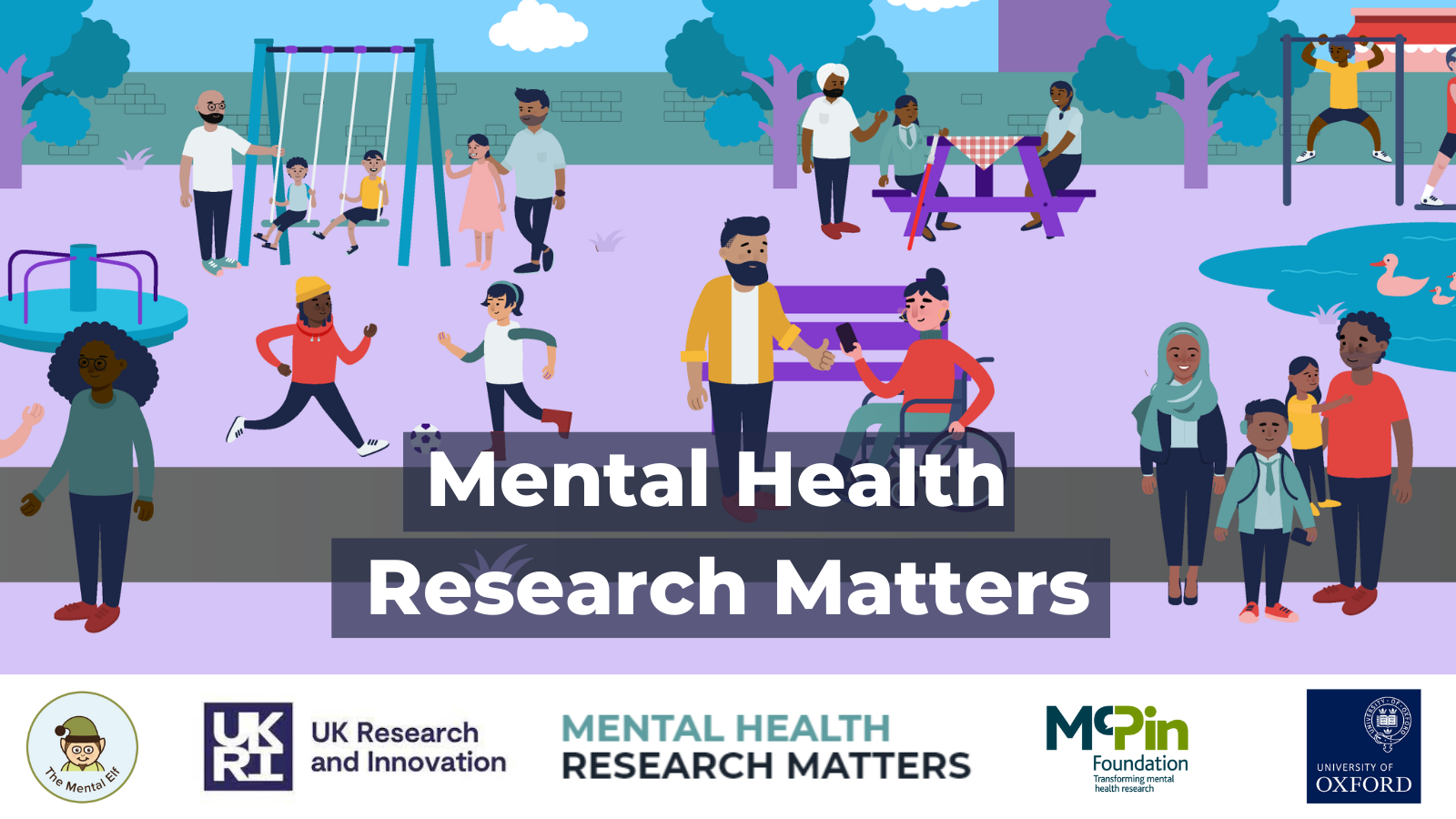Researcher Dr Naresh Hanchate is leading a program to better understand the brain circuitry of stress in health and disease. Using interdisciplinary approaches, he is combining single-cell genomic tools and systems neuroscience approaches.
Interdisciplinary working for holistic understanding
At UCL Great Ormond Street Institute of Child Health, Dr Hanchate is working with different teams to gain deeper insights into the mechanisms underpinning resilience and susceptibility to stress-related disorders. Researchers on this project include basic scientists, clinician geneticists, computational biologists, and translational scientists.
The impact of chronic stress on brain function can predispose individuals to stress-related mental illness. In the brain, stress and fear are controlled through particular neurocircuits and mechanisms. For example, blood levels of stress hormones are managed via a subset of hypothalamic corticotropin-releasing hormone neurons, or CRHNs. How diverse signals related to various stressors (emotional, psychological, physical and social) are conveyed to CRHNs is not yet fully understood. Knowledge of CRHN neurocircuitry is key to gaining insights into the mechanisms that underly disorders related to impaired stress regulation, such as depression, anxiety, and PTSD.
#MentalHealthResearchMatters
There are so many different approaches to take in mental health research. For more about why #MHRmatters and how you can get involved, join the conversation #mentalhealthresearchmatters

